
Today is 9/11. Many people are taking a vacation from politics to honor the fallen, to re-visit the horrible day in 2001 where America received a wake up call for ignoring the threat of Islamic facism.

Today as we remember the fallen, we warn the jihadists and would-be jihadists in the words of Ronald Reagan, you can run but you can't hide. And for this reason, it is appropriate not to pause from politics, but to consider how to defend America in the future. Who will put country before the UN? It is clear that only 1 candidate seeking the office of President of the United States understands war and will not shy away from defending America. One candidate will not make offers of no pre-condition talks with madmen, nations, people and religions which do not seek peace with America but capitulation from her.
In the words of Fred Thompson, supporting John McCain:
Here McCain makes his own vivid impression. His record shows that, early on, he understood the ominous intentions of Russia’s leaders, made the Iranian mullahs fear him and foresaw the need for a troop surge in Iraq, which, along with his own military service and longtime Armed Services Committee membership, add up to real national security experience.
By contrast, voters struggle with his opponent’s virtually nonexistent record on these issues. It comes down to a common sense decision that says: With national security traffic so heavy, this is not the moment to turn the car keys over to a teenage driver. Presidents don’t have time for drivers ed.
G-d Bless America

The John McCain I got to know -Posted on September 10th, 2008
By Fred in Conservative, Values, Commentaries

(Cross published in The Politico)
Although Americans are used to Labor Day campaign kickoffs, this year’s back-to-back political conventions meant exposure to more than the usual number of partisan promises of a bright future and excoriation of the opposition.
So, while most of us who address the national conventions like to think our words will make all the difference for our party and the great American who is our nominee, in reality our speeches usually just blend into a kaleidoscope of impressions the public takes from the week’s events.
That is why, in my own convention speech, I tried to tap into a sentiment already established in the public mind. I talked about John McCain’s remarkable and heroic record as a POW. But I also talked about the John McCain that I got to know while sitting in the desk next to his on the floor of the U.S. Senate.
Citing any senator’s record, however impressive, may or may not electrify convention delegates. But it was my way of laying down a marker on behalf of a theory I have about both conventions and campaigns in general. Even amid a convention’s staged bedlam and overly hortatory speeches, voters do pick up information that develops into lasting impressions that count for something on Election Day.
The pundits and the political class sometimes underestimate the extent to which the public, in its subliminal but thorough way, collects data and makes informed electoral decisions. In a broader sense, voters carry into the polling booth this ultimate question about presidential candidates: “Who do I trust to make the right decision?”
Key issues for voters in this election will be freedom and national security, and here their impressions will be vivid: rogue nations with rapidly developing nuclear capabilities, nuclear-armed nations in volatile regions such as India and Pakistan, traditional nuclear powers such as Russia flexing their muscles and threatening the liberty and stability of those around them, and China building up its military in a way that suggests it wants to beat the United States in more than gold medals.
Here McCain makes his own vivid impression. His record shows that, early on, he understood the ominous intentions of Russia’s leaders, made the Iranian mullahs fear him and foresaw the need for a troop surge in Iraq, which, along with his own military service and longtime Armed Services Committee membership, add up to real national security experience.
By contrast, voters struggle with his opponent’s virtually nonexistent record on these issues. It comes down to a common sense decision that says: With national security traffic so heavy, this is not the moment to turn the car keys over to a teenage driver. Presidents don’t have time for drivers ed.
On the economy, voters have the same impression of McCain that I had on the Senate floor, where he fought plenty of fiscal battles. Some he lost. Some he won. Sometimes his colleagues liked him for it. Sometimes they most decidedly did not like him for it.
But the impression left with voters is, again, one that contrasts with his opponent’s. The McCain record shows he often stood alone in understanding that long-term prosperity of the American people requires us to stop wasting and spending the birthright of the next generation. And he knows, as his opponent does not, that you don’t make the American people prosperous by making the government richer and that, in an economic downturn, you don’t impose the largest tax increase in American history.
Finally, an issue McCain has asked me to help his campaign with — the federal judiciary — is one that disturbs voters to the point of having enormous electoral possibilities. The federal judiciary is the Democratic Party’s vehicle of choice to enact policies that could never see the light of day if they were required to go through the democratic process. And that party now talks about electing a supermajority in the Congress that, along with the most liberal president in our lifetime, would allow them to change the face of America without enacting one piece of legislation — a change that would take us a generation to rectify, if we ever could.
McCain has chosen to make this issue a priority because he thinks the public worries about a Supreme Court lost to liberalism for our lifetime, and that it cares about the appointment of federal judges who will follow the law and the Constitution and not remake it along the lines of their own policy preferences.
McCain’s opponent has carefully worked his way up the political ladder, guided by no discernible political principles except adherence to party positions — which he has showed a willingness to change if the political winds blow too strongly against them. By contrast, McCain’s life and career exemplifies courage, sacrifice and leadership.
Put simply: Others talked about reaching across the aisle and reconciling differences; John McCain did it. Others went along with pork barrel spending and getting the political benefit from it; John McCain fought it. Others wanted to declare defeat and cut and run in the central front of the war on terrorism; John McCain fought for a strategy that would ensure victory. Others gave lip service to reform; John McCain actually made it happen.
So impressions matter in politics — as do the facts and the record that create those impressions. Through all the convention hoopla and focus on the Electoral College horse race, then, the impressions of John McCain come through. Impressions of the same John McCain who lit up the political atmosphere last week with a startling and brilliant choice for running mate, the impressions of a lifetime record summed up by a word: leader. And a title: Mr. President.
















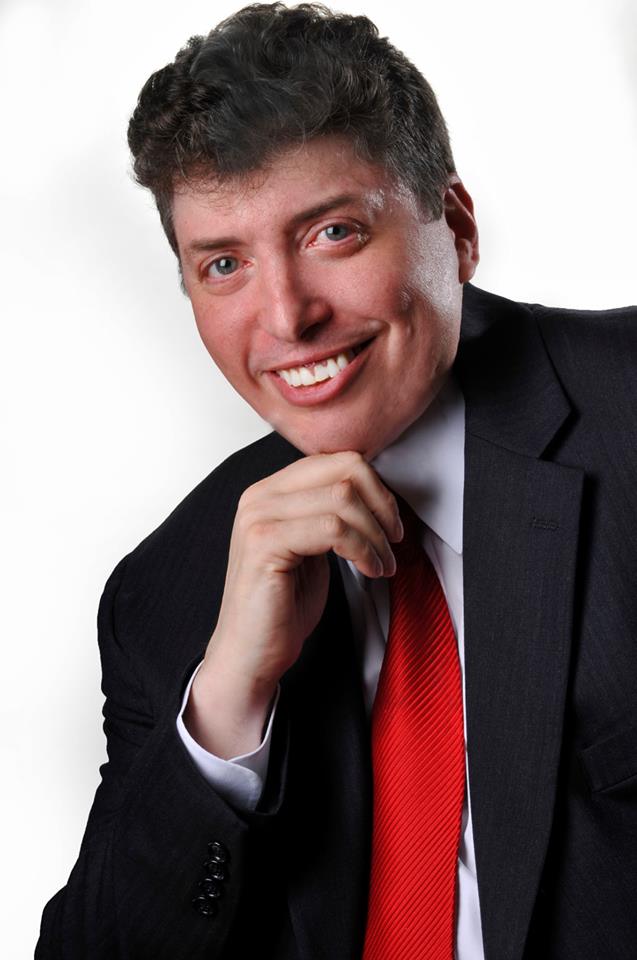



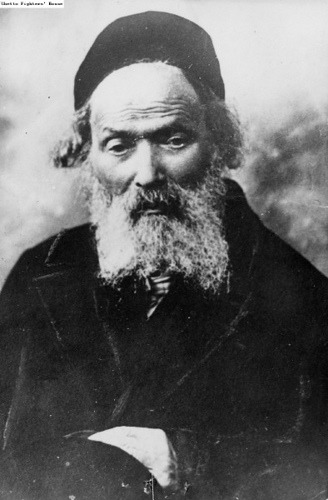
















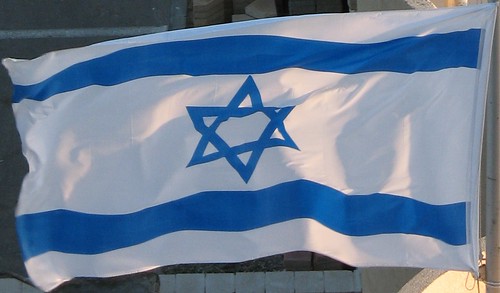
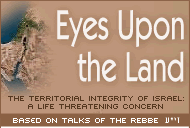

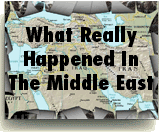


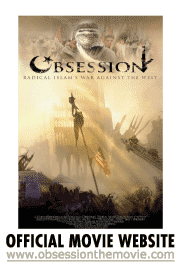





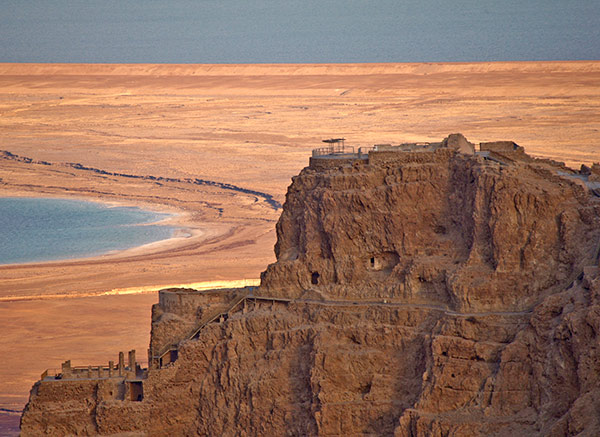

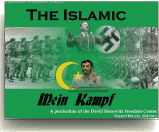




0 comments:
Post a Comment